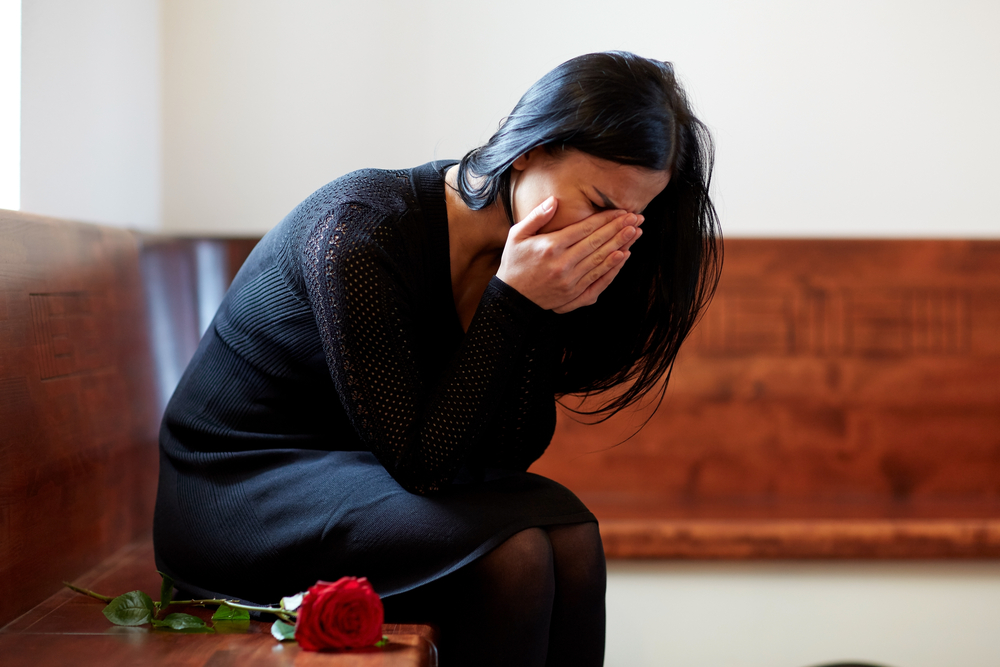Loss, grief, and bereavement are occurring reactions for people who have experienced losing a loved one in many ways. For some, it isn’t easy to deal with, and it may even affect their personal growth.
Furthermore, a person’s grief may depend on how he/she is closely connected to or the relationship with that person who died. It is an emotional sadness one may experience upon losing something or someone important.
Moreover, it is difficult to try and manage or cope up with this situation. If you are suffering from grief or bereavement, you may suffer unwanted emotions that may disrupt your physical health. It may also lead to a difficulty in eating or sleeping. In addition, one’s death may also make it hard for you to continue with your daily activities, and you may seem to lack the interest and energy to do anything.


